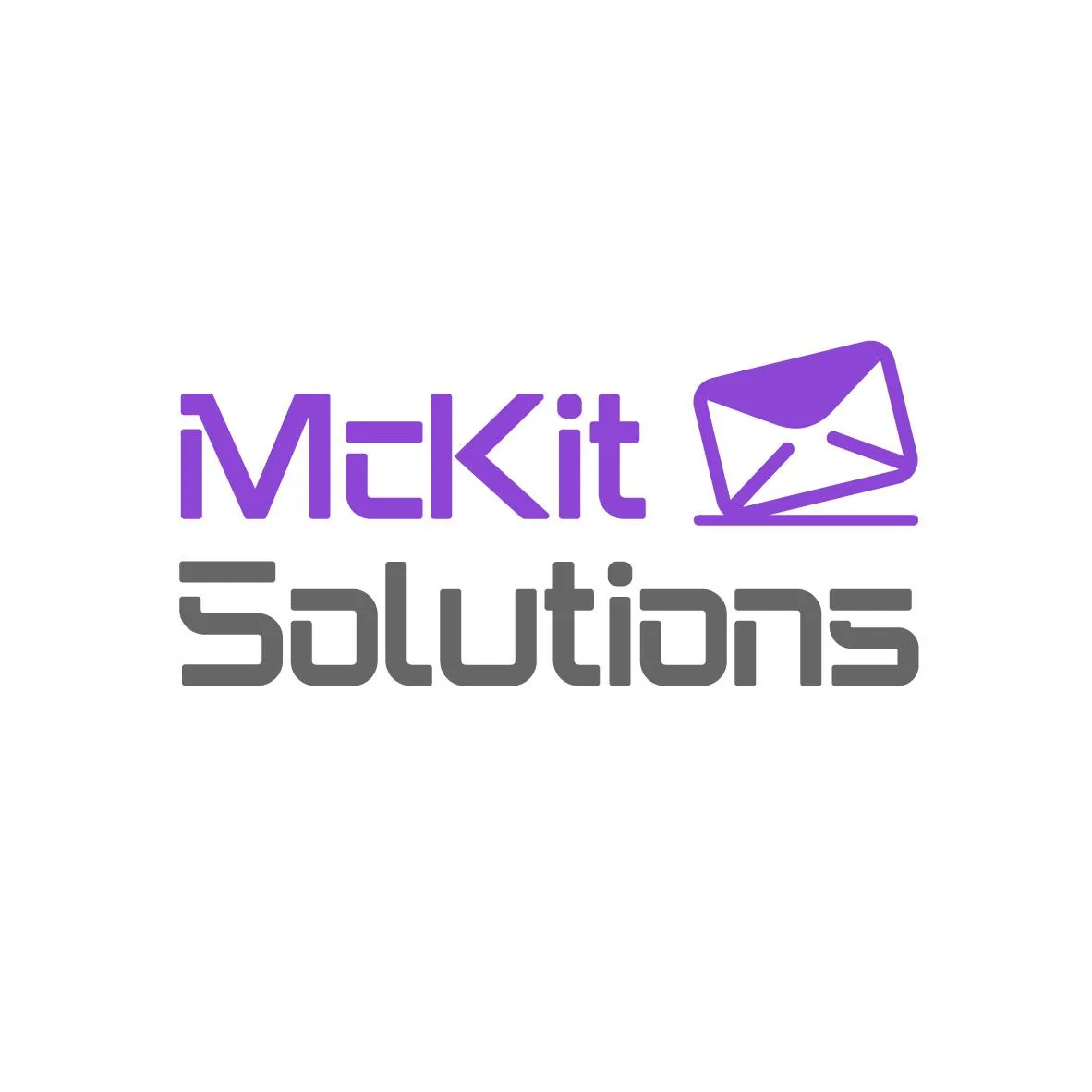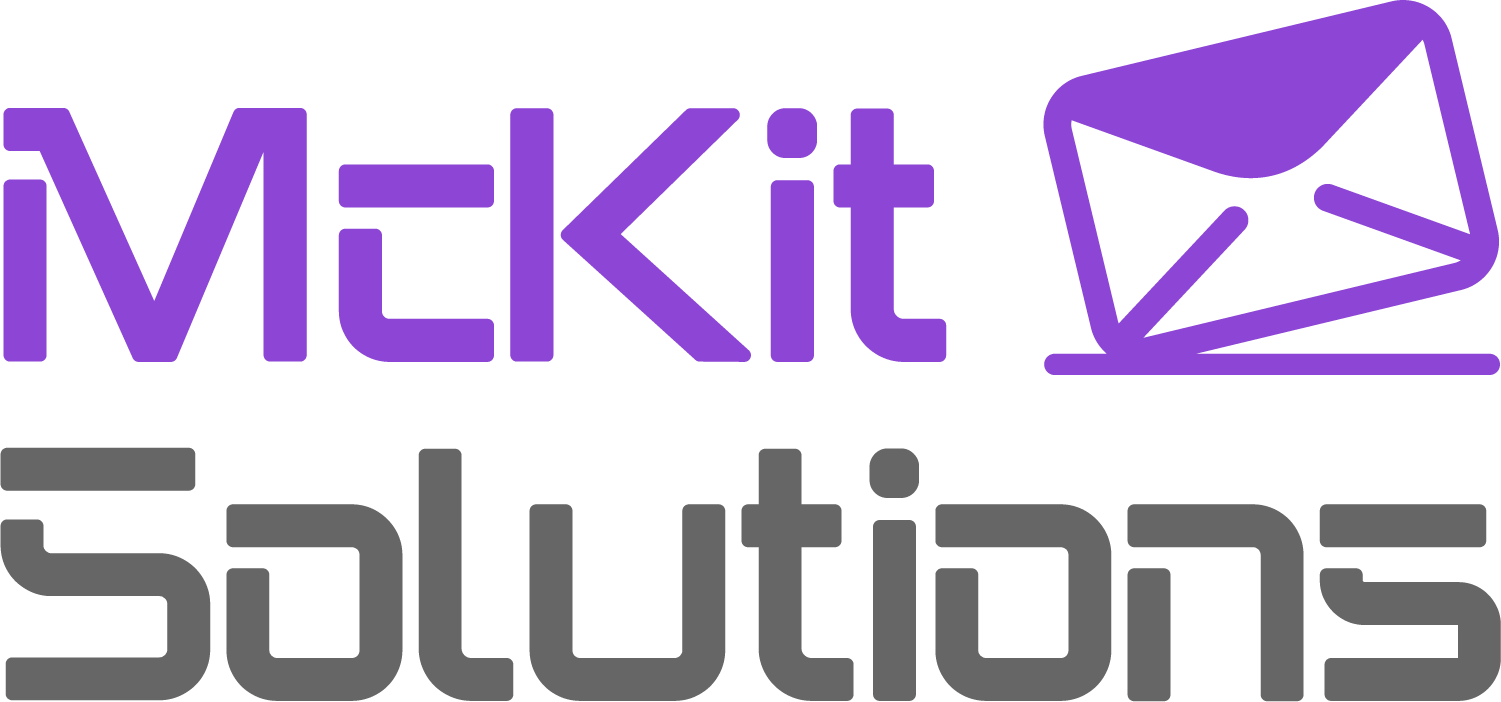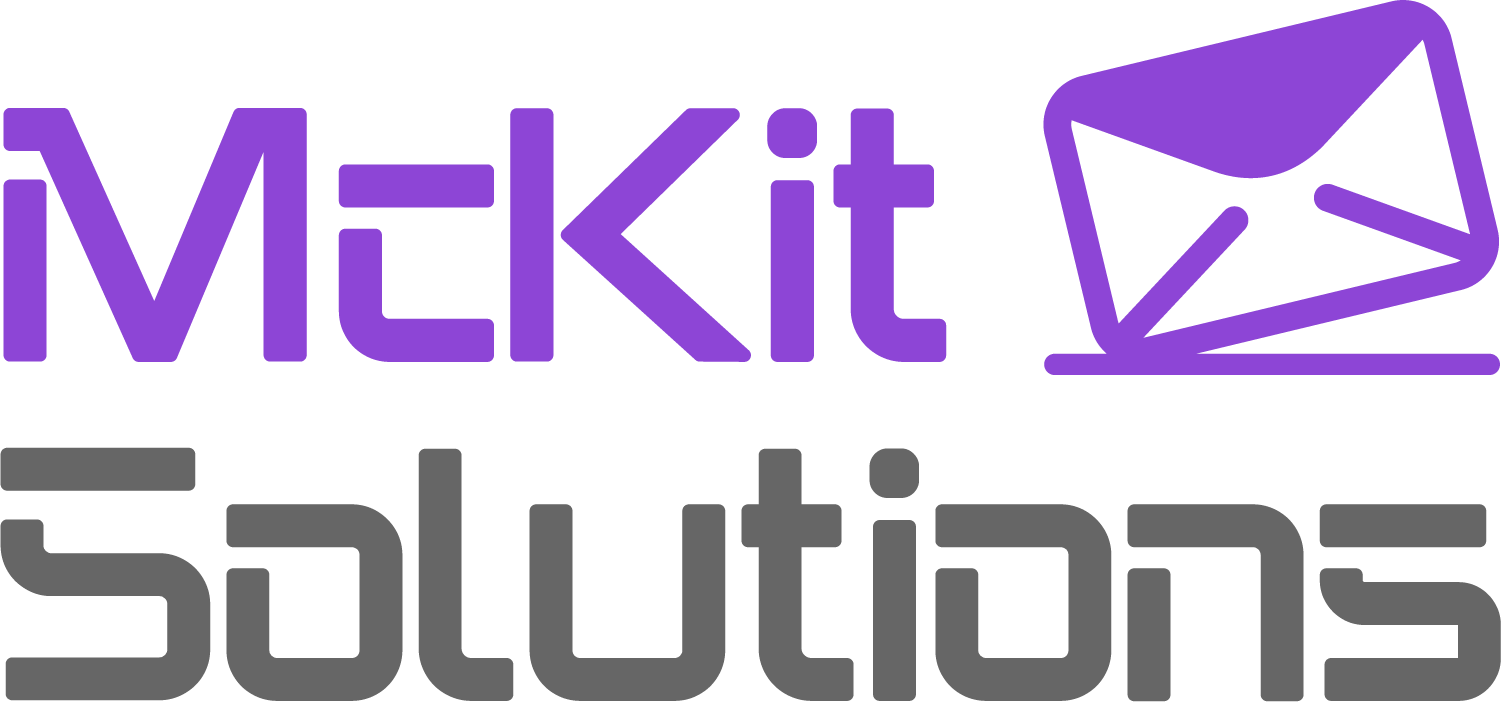Blog

How to Master the Art of Writing Cold Emails
Cold Email Systems: How to Master the Art of Writing Cold Emails
Are you looking to grow your business or reach out to new clients? Cold emailing can be an effective strategy to achieve these goals. In this article, we'll explore the ins and outs of cold email systems, including the best practices for writing effective cold emails that get results.
What is a Cold Email?
A cold email is an unsolicited email that is sent to a recipient who has not previously interacted with your brand. The goal of a cold email is to establish a relationship with the recipient and move them towards a desired action, such as scheduling a call or meeting, or making a purchase.
The Importance of a Good Cold Email System
The success of your cold email campaign depends largely on the quality of your cold email system. A good cold email system will help you to:
Reach the right audience
Craft compelling and effective emails
Track and analyze the performance of your emails
Optimize your campaigns for better results
Building Your Cold Email System
To build an effective cold email system, you'll need to follow a few key steps:
Step 1: Define Your Target Audience
Before you start writing your cold emails, you need to know who you're targeting. Define your target audience based on factors like industry, job title, location, and interests.
Step 2: Build a Prospect List
Once you have defined your target audience, you'll need to build a list of prospects to contact. There are a variety of tools and platforms that can help you with this, such as LinkedIn, ExtractTheData, and Apollo.
Step 3: Craft Your Email Strategy
Your email strategy should be tailored to your target audience and the specific goals of your campaign. Consider factors like email length, tone, and call-to-action.
Step 4: Create Email Templates
Creating email templates will save you time and ensure consistency across your campaign. Be sure to personalize your templates with merge tags and dynamic content.
Step 5: Test and Optimize
Testing and optimizing your cold email system is essential for achieving better results. Experiment with different subject lines, email content, and sending times to find the optimal combination for your campaign.
Best Practices for Writing Cold Emails
Now that we've covered the key steps for building a cold email system, let's take a closer look at the best practices for writing effective cold emails:
Subject Line
Your subject line is the first thing your recipient will see, so it needs to be attention-grabbing and relevant. Keep it short and concise, and avoid using spammy language or excessive capitalization.
Introduction
Your introduction should be personalized and engaging. Make sure to mention something that you know about the recipient or their company, and explain why you're reaching out.
Body
The body of your email should be concise, persuasive, and focused on the benefits of your product or service. Avoid generic language and focus on what makes your offering unique.
Call-to-Action
Your final step in crafting any cold email is a simple and direct call to action. Weather it is asking permission to send more information, asking if they are free to get on a booked call, or sending a pitch deck for review.
Conclusion
Cold emailing can be an effective strategy for growing your business and reaching new clients. By following the steps outlined in this article and implementing best practices for writing effective cold emails, you can build a successful cold email system that delivers results.
FAQs
What is the best time to send cold emails?
The best time to send cold emails varies depending on your target audience and industry. Generally, midweek and midday are the most effective times to send emails.
How can I improve my cold email response rate?
To improve your response rate, try personalizing your emails, keeping them short and concise, and testing

McKit Solutions Ltd is a cold email marketing company focused on generating new appointments and adding an additional revenue stream to agencies around the world.
🗺️ Alberta, Canada
📧 McKit.Solutions@gmail.com
DISCLAIMER: The profitability is not a guarantee for all clients.
Please understand that results from this email system is based on the effort, offer, and execution of the company purchasing this course.
McKit Solutions ®
Copyright © 2022 – McKit Solutions Ltd. – All Rights Reserved
